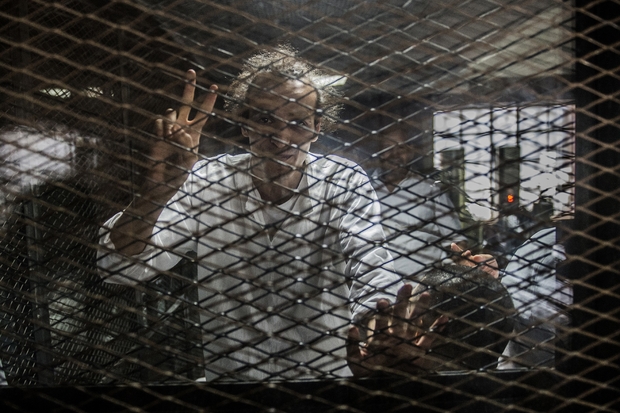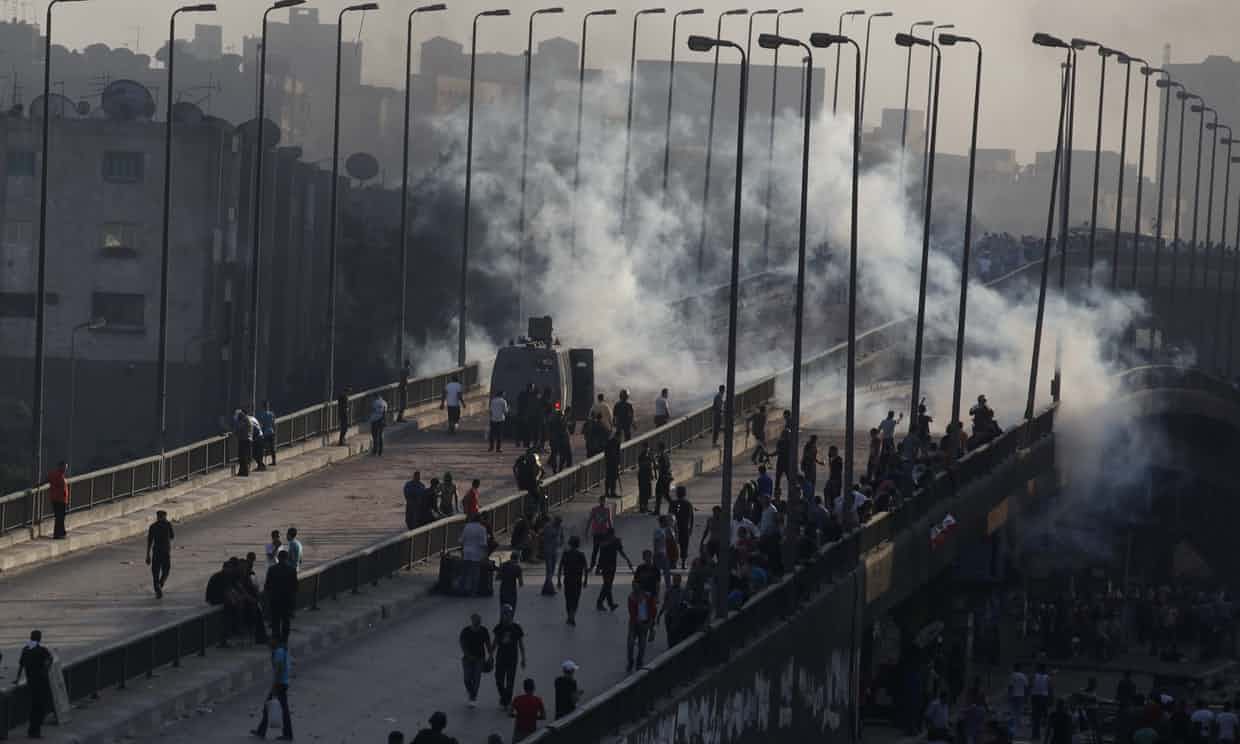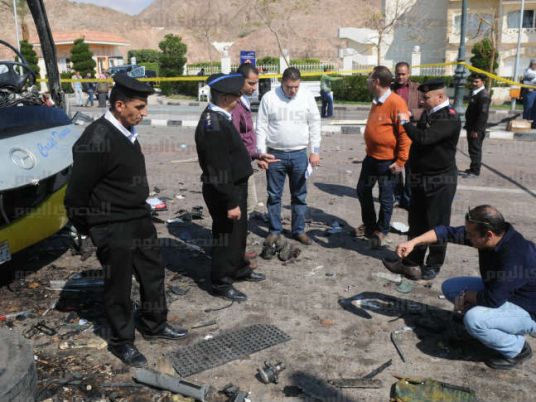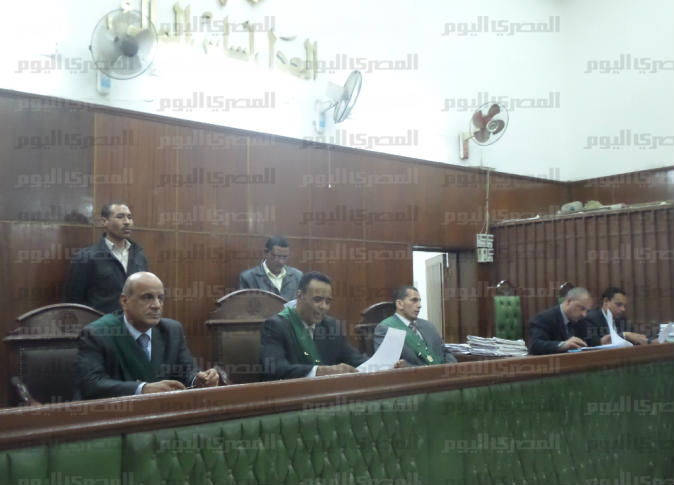
After five years of imprisonment, the Egyptian authorities have started procedures to release Egyptian photojournalist Mahmoud Abu Zeid – known as Shawkan – along with 214 other defendants for their involvement in the Muslim Brotherhood’s Rabaa El-Adaweya sit-in in August 2013.
The sit-in was a protest held by supporters of former President Mohamed Morsi in Cairo’s Rabaa El-Adaweya Square to demonstrate against his ouster.
While covering the dispersal of the sit-in for the British photo agency Demotix, the freelance photojournalist was arrested and had been held in prison ever since. Shawkan was convicted in a series of charges including attempted murder, attacking police, burning public and private property, and more.
Along with the other defendants, Shawkan finished serving his jail time in pre-trial detention. Supposedly, they were set to be released in August 2018 but were obliged to spend five more months due to their inability to pay the criminal costs.
When released, Shawkan will be under probation for five years.
Throughout the last five years, numerous local and international human rights organizations had intensively demonstrated against Shawkan’s imprisonment, criticizing the arrest of a journalist while doing his job that normally includes covering demonstrations.
The UN Working Group on Arbitrary Detentions considered Shawkan’s arrest as a violation of the rights and freedoms guaranteed by the Universal Declaration of Human Rights and the International Covenant on Civil and Political Rights.
Notably, the United Nations Educational, Scientific and Cultural Organization (UNESCO) granted Shawkan the 2018 UNESCO/Guillermo Cano Press Freedom Prize.
UNESCO affirmed that Shawkan’s courage, resistance and commitment to freedom of expression were behind the organization’s choice. The prize recognizes a person who is known to have made a noticeable contribution to defend press freedom.
Egyptian and foreign activists stood in solidarity with Shawkan since his detention, posting pictures of themselves posing as if they are holding a camera, followed by a text saying “Journalism is not a crime”.
“I am a journalist, not a criminal,” Shawkan once wrote in a letter from his jail cell, assuring that he has been facing false accusations not grounded in truth.




